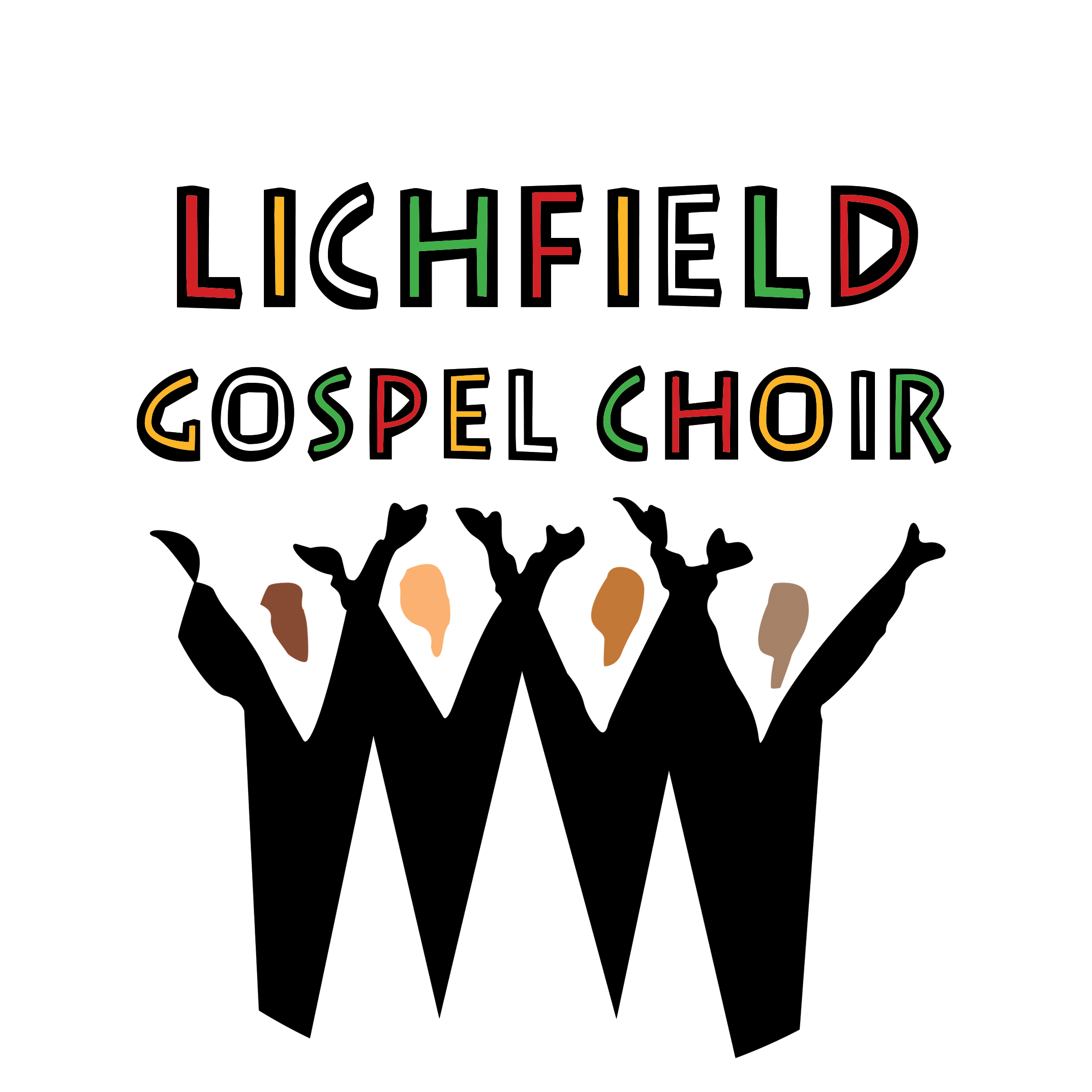Let us all rejoice and sing! Presenting the second of our festive double bill, I Saw Three Ships. Below, Peter Bacon (Tenor) investigates the story behind the song.
While many of the songs in our repertoire come from half way across the world, this one might originate a little closer to home. The popular carol has traditional English origins which go back to the 17th century and possibly to Derbyshire. The more literal-minded will be perplexed by the idea of ships sailing into the land-locked Bethlehem. The three ships may be those which were said to transport the relics of the Biblical magi to Cologne Cathedral in the 12th century. Or perhaps it is a reference to the camels which bore the magi – the “ships of the desert”.
If the origins and lyrics are mysterious we’re on a surer footing when it comes to our arrangement of the carol. It definitely comes from the pen of Themba Mvula.
He explains: “It was one of those rare ideas that just came to me while I was out for a walk one night. As soon as I got home I sat down to notate it in case I forgot!”
I suggested the chords which rock back and forth in between the verses reminded me of minimalist music, but with an African twist.
“I’d quite happily take African Minimalism as a label if there is such a thing!” Themba replied. “I think somewhere in my head the chords sound almost like a ship in the distance.”
I Saw Three Ships appears in the Oxford Book Of Carols in an arrangement by Martin Shaw, and there are many recorded versions, ranging from a guitar interpretation by John Renbourn (once of the band Pentangle) to a perky vocal by Nat King Cole.
It has often featured in the Festival of Nine Lessons and Carols broadcast from King’s College Cambridge. Here it is from 2010:


